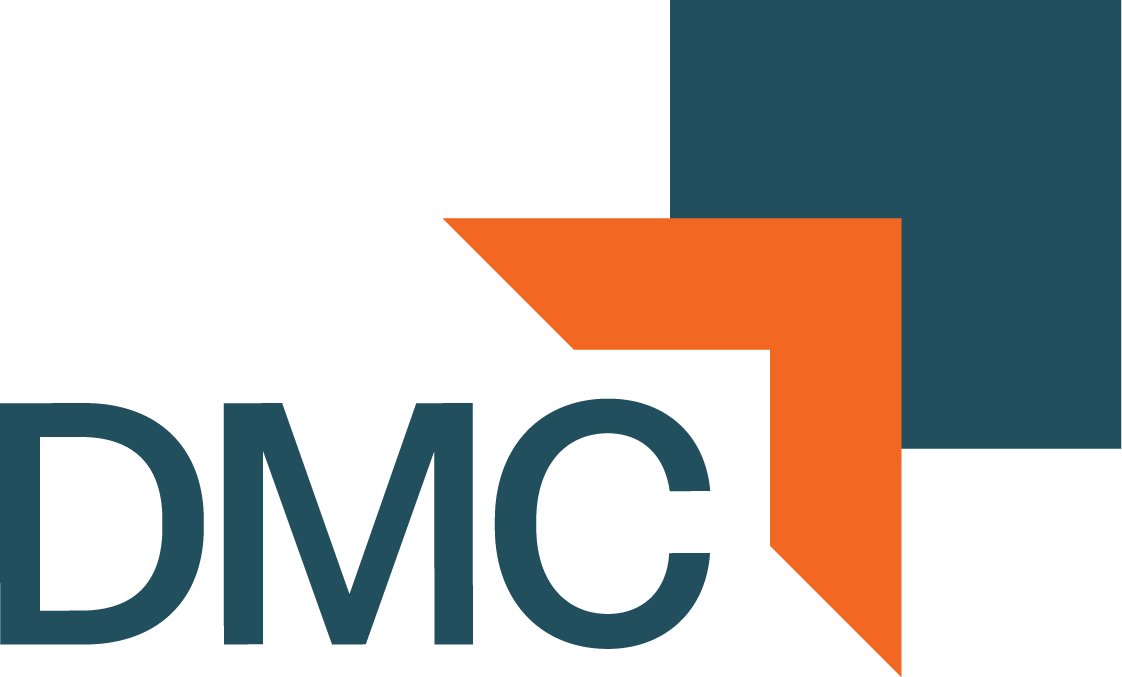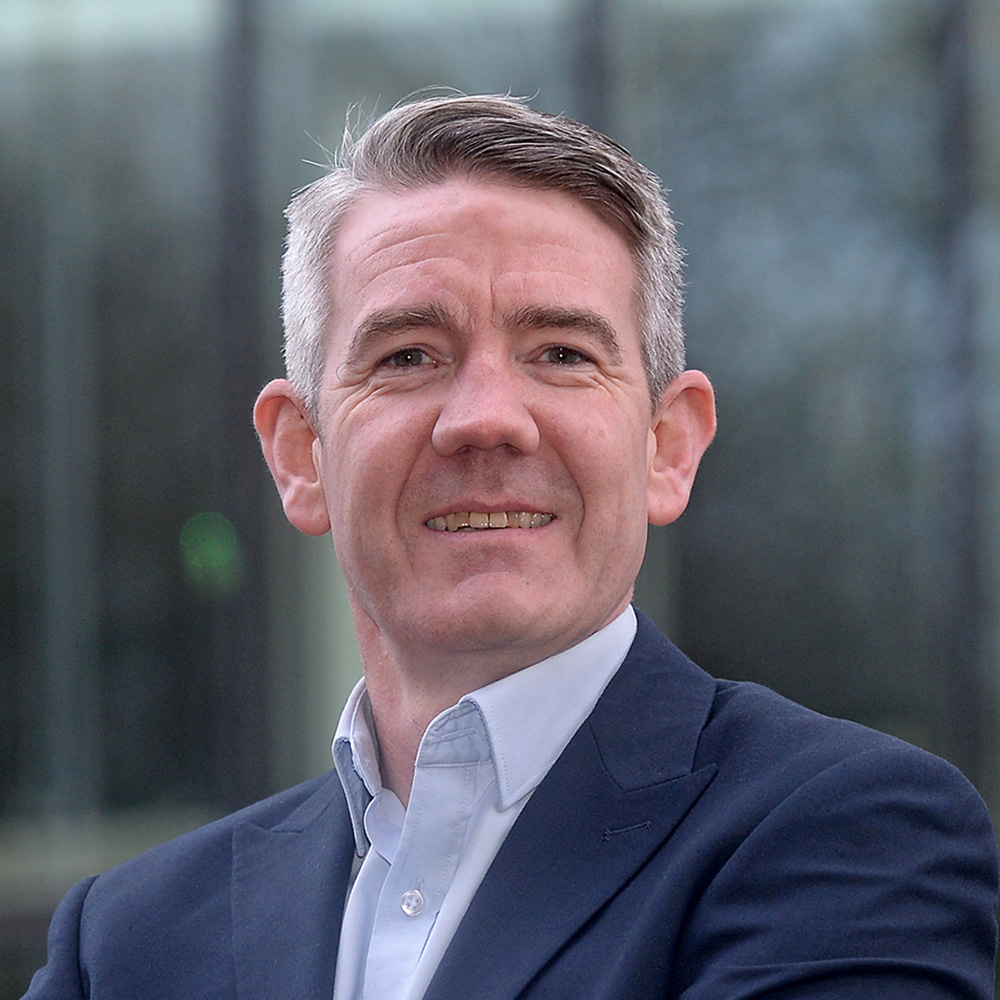Ireland is accelerating its commitment to halving greenhouse gas emissions by 2030 and achieving net zero emissions by 2050, to play our part in this, we’re proud to partner with Atlantic Technological University (ATU) in Galway on a transformational project that will not only improve the energy efficiency of their Centre for Creative Arts and Media but also significantly reduce carbon emissions.
Key objectives and Government support
ATU is aiming to significantly reduce the carbon footprint of their Wellpark Road campus, decarbonising the building’s energy systems while preserving its architectural heritage. This aligns with the public sector's mandate to reduce the carbon emissions of existing buildings by 51% by 2030, as outlined in the government’s €165 billion National Development Plan. With public funding authorised by the Higher Education Authority (HEA), the project is part of the Energy Efficiency Decarbonisation Pathfinder Programme (EEDPP), which serves as a model for energy upgrades across the country.
Challenges and innovative solutions
One of the key challenges of this project is the building's status as a protected structure. This requires careful interventions to preserve its historic facade while implementing modern energy-efficient technologies. For example, the windows which are integral to the building’s historic charm, could not be replaced, so secondary glazing units were installed internally to enhance heat retention. Other interventions include applying insulation to the internal face of external walls and upgrading the attic insulation to improve overall thermal efficiency.
Decarbonisation strategies
Centre to the project’s decarbonisation efforts is the replacement of the building’s old gas boiler system with high-efficiency heat pumps. This switch is a major step in reducing reliance on fossil fuels, aligning with the Climate Action Plan's directive to phase out fossil fuels in public buildings by 2023. The upgraded mechanical heating system powered by the heat pumps will ensure the building operates in a far more sustainable manner, contributing to significant carbon emission reductions over time.
Collaborative efforts for a greener future
This project is a collaborative effort involving VHA Architects, MKO Project Management, IN2 Consulting Engineers, and Tobin Consulting Engineers. Each partner brings specialised expertise to ensure the project meets its energy efficiency targets while complying with the strict regulations governing protected structures. As Cost Managers, our team ensures that the project remains financially viable, overseeing costs related to the retrofitting, upgrades, and decarbonisation measures.
Anticipated outcomes
Although the project is set for completion in November, the anticipated outcomes are significant. Once operational, the Centre for Creative Arts and Media will become a benchmark for energy-efficient building retrofits in Ireland, serving as a model for similar public sector projects. We expect the combination of enhanced insulation, high-efficiency heat pumps, and careful preservation of the building’s historical features to deliver substantial reductions in energy consumption and carbon emissions. Preliminary results will be available following the project’s completion, check meters are being installed to aid in the measurement and assessment of the improvements, and we look forward to sharing the impact of this exciting collaboration.
A path to a sustainable future
At DMC Global Partners, we believe that tackling the climate crisis requires action, expertise and collaboration. ATU’s decarbonisation is just one example of how we are working with public institutions to meet the government’s carbon reduction targets. We are committed to supporting projects that contribute to a greener, more sustainable future for Ireland, and we look forward to continuing our work with partners who share our vision for cutting emissions.
The future is in our hands. Together, we can make a difference.

